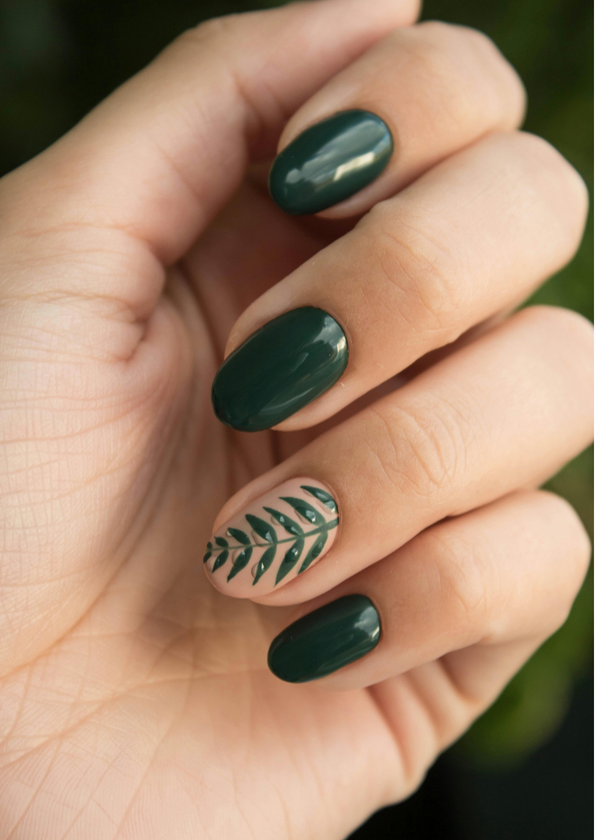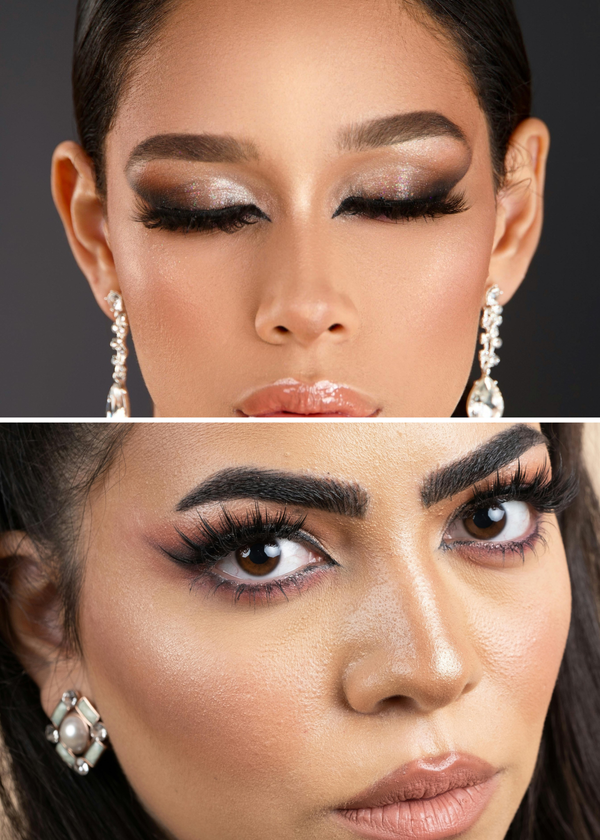The pursuit of healthy and youthful skin has been a timeless quest for individuals across generations. As the body's largest organ, our skin plays a crucial role in protecting us from external elements, regulating temperature, and providing a canvas for our identity.
However, the natural aging process and external factors like sun exposure, pollution, and lifestyle choices can take a toll on the skin's appearance and texture. One of the common concerns that arise with age is crepey skin. This article aims to delve into the connection between crepey skin and vitamin deficiency, with a focus on Vitamin C and its pivotal role in maintaining skin health.
Understanding Crepey Skin
Crepey skin, often referred to as "crepe-like" skin, is characterized by its thin, fragile, and wrinkled appearance that closely resembles the texture of crepe paper. This skin condition is primarily attributed to a decrease in collagen and elastin production, two essential proteins responsible for maintaining the skin's firmness and elasticity. As we age, the body's ability to produce these proteins diminishes, leading to the loss of skin's youthful suppleness.
External factors such as excessive sun exposure, smoking, poor nutrition, and dehydration can exacerbate the development of crepey skin. Among these factors, a lack of essential nutrients, particularly vitamins, can significantly impact skin health and contribute to the progression of crepey skin.
Vitamin Deficiency and Skin Health
Vitamins play a crucial role in maintaining overall health, and their impact on skin health is no exception. A deficiency in certain vitamins can disrupt the delicate balance of skin functions, potentially leading to various skin issues, including crepey skin. While multiple vitamins contribute to skin health, one of the key players in preventing crepey skin is Vitamin C.
Vitamin C: The Skin's Best Friend
Vitamin C, also known as ascorbic acid, is renowned for its antioxidant properties and its role in promoting collagen synthesis. Antioxidants help neutralize free radicals, which are unstable molecules that damage cells and contribute to the aging process. By combating free radicals, Vitamin C helps protect the skin from oxidative stress, a major contributor to the breakdown of collagen and elastin fibers.
Collagen is the building block of skin's structure, providing it with strength, elasticity, and resilience. As we age, collagen production naturally declines, leading to the formation of wrinkles, fine lines, and sagging skin. Vitamin C plays a pivotal role in this context by stimulating the production of collagen, thereby contributing to the maintenance of youthful skin.
The Science Behind Vitamin C and Collagen Synthesis
Vitamin C is a necessary cofactor for the enzymes involved in collagen synthesis. These enzymes, including prolyl hydroxylase and lysyl hydroxylase, require Vitamin C to function optimally. Without sufficient Vitamin C, the collagen production process becomes compromised, leading to decreased collagen synthesis and ultimately contributing to crepey skin.
Additionally, Vitamin C aids in the stabilization of collagen molecules, allowing them to form strong and stable collagen fibrils. This ensures that the skin remains firm and elastic, combating the sagging characteristic of crepey skin.
Other Benefits of Vitamin C for Skin
Beyond its role in collagen synthesis and antioxidant protection, Vitamin C offers a range of other benefits for skin health:
- Hyperpigmentation Reduction: Vitamin C helps regulate melanin production, which can lead to a reduction in hyperpigmentation, dark spots, and uneven skin tone.
- Wound Healing: Vitamin C supports the body's natural wound-healing processes, aiding in the repair of damaged skin and preventing scars from becoming more pronounced.
- Sun Protection: While not a replacement for sunscreen, Vitamin C offers some level of protection against UV-induced skin damage by neutralizing free radicals generated by UV radiation.
Sources of Vitamin C
To harness the skin-enhancing benefits of Vitamin C, it's crucial to incorporate it into your diet and skincare routine. Some of the best sources of Vitamin C include:
- Citrus Fruits: Oranges, grapefruits, lemons, and limes are rich in Vitamin C.
- Berries: Strawberries, blueberries, and raspberries are not only delicious but also packed with this essential vitamin.
- Bell Peppers: Red, green, and yellow bell peppers are excellent sources of Vitamin C.
- Leafy Greens: Spinach, kale, and broccoli are nutrient powerhouses that contain Vitamin C.
- Supplements: If it's challenging to get enough Vitamin C from your diet, supplements are an option, but it's always advisable to consult a healthcare professional before starting any supplementation regimen.
Incorporating Vitamin C into Your Skincare Routine
Apart from dietary sources, Vitamin C can also be applied topically to reap its benefits directly for the skin. Skincare products containing Vitamin C, such as serums and creams, can help deliver this potent antioxidant directly to the skin. When selecting a Vitamin C skincare product, look for stable forms of Vitamin C, such as ascorbic acid or tetrahexyldecyl ascorbate, as these are more likely to effectively penetrate the skin and provide optimal results.
Conclusion
Crepey skin, characterized by its thin and wrinkled texture, is a common concern associated with the aging process. While various factors contribute to this condition, a deficiency in vital nutrients, particularly Vitamin C, can play a significant role in its development.
Vitamin C's role in collagen synthesis, antioxidant protection, and overall skin health makes it an essential component of any anti-aging skincare regimen. By incorporating Vitamin C-rich foods into your diet and using skincare products enriched with this potent antioxidant, you can contribute to maintaining youthful, radiant, and firm skin as you age.
Remember, while Vitamin C can indeed offer remarkable benefits, a holistic approach to skincare that includes a balanced diet, proper hydration, sun protection, and a healthy lifestyle is essential for achieving and maintaining optimal skin health.
Tap the button below and see the Best Retinol Lotion.








